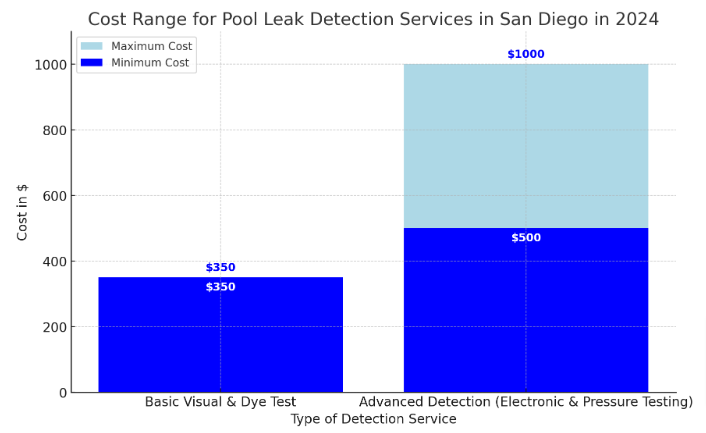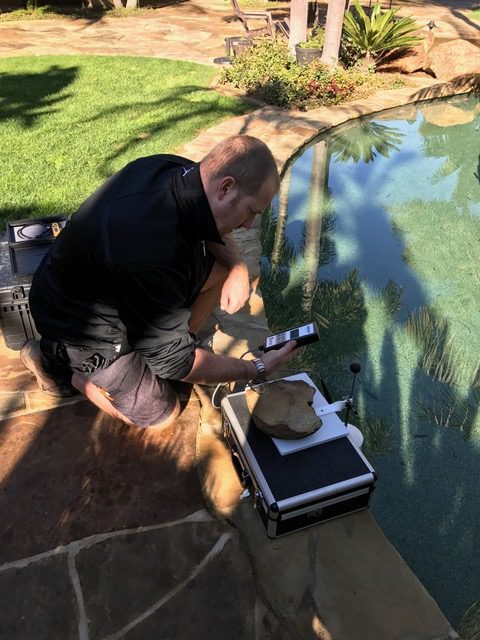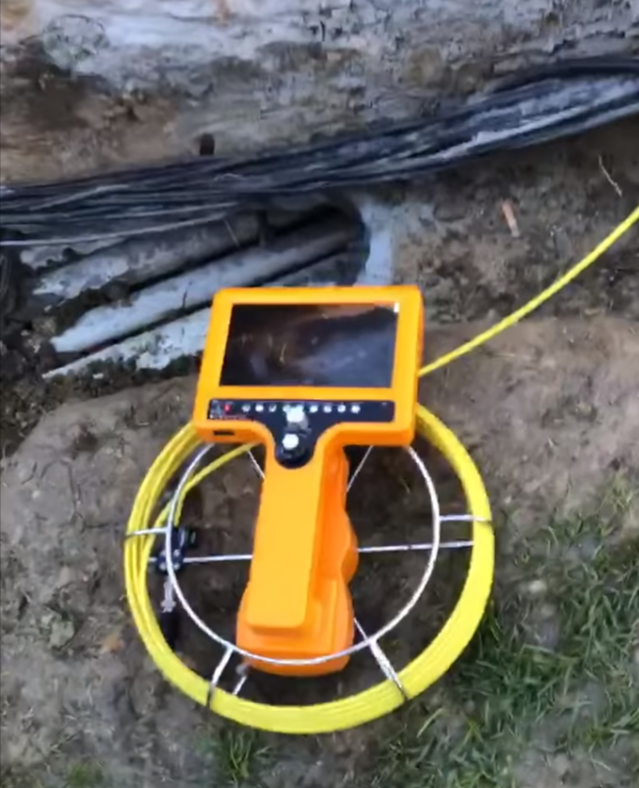Updated for 2025: Pool Leak Detection Costs in San Diego
This article was originally published in 2024 and has been reviewed and updated to ensure it remains accurate and relevant in 2025. While pricing for leak detection services in San Diego has remained relatively stable, factors like labor rates and equipment costs may fluctuate slightly. If you’re considering a pool leak inspection this year, the information below will help you understand what to expect when budgeting for professional detection services.
In San Diego, pool leak detection services can cost anywhere from $350 for basic visual inspections to between $500 and $1,000 for advanced diagnostics using electronic equipment and pressure testing. This article offers an in-depth look at the pricing and processes involved in detecting leaks, helping homeowners understand the best options for maintaining their pools.
Jump to Section
Factors Influencing Leak Detection Costs
Several factors can affect the cost of leak detection services in San Diego:
Size and Complexity of Pool
Larger and more complex pools may require more extensive testing to accurately locate leaks, increasing the cost. This is especially true for leaks that may be under concrete slabs, commonly known as slab leaks. Detecting slab leaks involves specialized equipment and expertise, as these leaks are hidden beneath the pool deck or surrounding areas and can be challenging to pinpoint without causing damage to the structure.
Leak Location and Severity
Hard-to-reach leaks or those that are less obvious may necessitate more advanced and thus costlier detection methods.
Technology Employed
The type of technology used plays a significant role in the cost and effectiveness of leak detection.
Average Costs for Pool Leak Detection in San Diego
Costs for leak detection vary based on the extent of services provided:
Basic Visual and Dye Testing: Starting at $350, this service includes a simple inspection and dye test to visually identify leaks.
Advanced Detection with Electronic Equipment and Pressure Testing: Ranging from $500 to $1,000, this service uses sophisticated technology to detect and locate leaks more precisely. While leak detection costs may vary, these price ranges still apply in 2025.

See also: Check out our detailed guide on pool leak repair costs in San Diego to learn about pricing for different types of leaks, from skimmers to underground plumbing, and how early detection can save you money.
Advanced Leak Detection: Techniques and Cost Benefits
Advanced leak detection combines several high-tech methods, each offering distinct advantages:
Electronic Listening Devices
Utilize sensitive hydrophones and geophones to detect the sound of water escaping from cracks or breaks within the pool structure or plumbing. This method is highly effective in pinpointing leaks without disrupting the pool’s structure.
Pressure Testing

Involves isolating sections of plumbing and applying pressure to see if it drops, indicating a leak. This method is essential for verifying the integrity of the pool’s plumbing system, especially for underground leaks that are not visible.
Thermal Imaging
Uses infrared cameras to detect variations in temperature caused by escaping water. This method can quickly identify areas where water is leaking and is particularly useful for large areas.
Advantages of Advanced Testing
Accuracy: Reduces the guesswork in locating leaks, ensuring repairs are targeted and effective.
Non-Invasive: Most advanced techniques do not require digging or drilling, preserving your pool and landscape.
Cost-Effective in the Long Run: Precise detection minimizes the scope of repairs, potentially saving money on extensive corrective work.

Commonly Asked Questions About Pool Leak Detection
What signs indicate a pool leak?
Look for unusual drops in water levels, soggy spots around the pool, cracking or upheaval of the pool deck, and spikes in your water bill.
How often should pool leak detection be conducted?
Annual checks are recommended, or immediately if you suspect a leak based on common signs.
Can I perform leak detection myself?
While simple methods like the bucket test are possible at home, advanced leaks require professional equipment and expertise for accurate detection.
What is the duration for leak detection?
The time required can range from a few hours for basic methods to a full day for comprehensive testing, depending on the pool size and the methods used.
Absolutely, here’s the adjusted paragraph:
Effective leak detection is crucial for maintaining the structural integrity and usability of your pool. Understanding the types of services available and their costs helps homeowners in San Diego make informed decisions about pool maintenance and repair. Just as you would hire a licensed electrician for essential electrical work, employing a leak detection specialist, though initially more costly, can provide savings in the long term by ensuring precise and efficient management of leaks.
